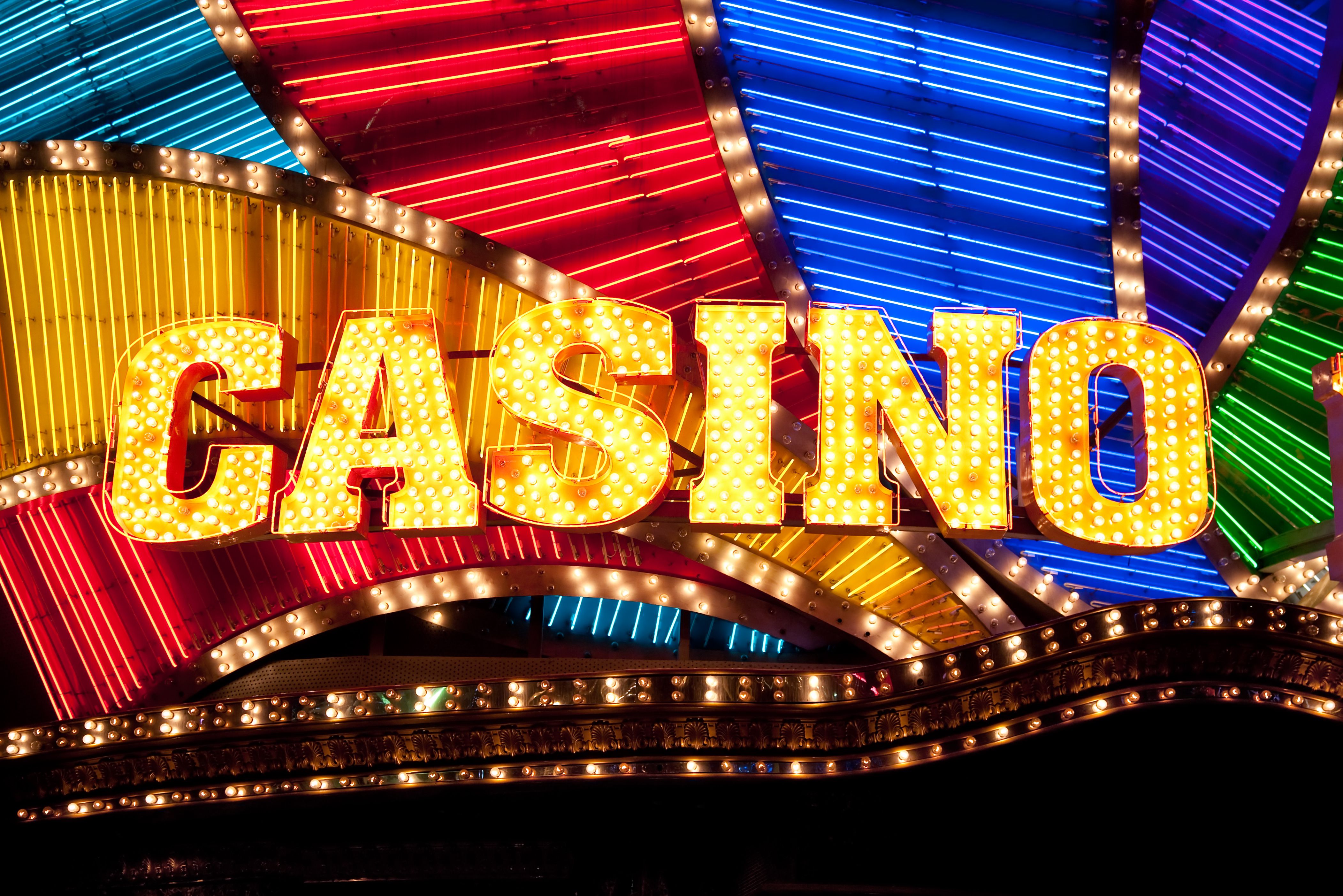
Machine gaming has become a prominent activity in various societies throughout the globe, going beyond the limits of mere entertainment. With the vibrant illuminations and noises of gaming establishments to the rising popularity of digital services, electronic slot games offer a unique combination of luck and excitement that captivates countless players. This form of betting is not just about pulling handles and viewing slot reels spin; it reflects underlying societal perspectives toward risk, chance, and the pursuit of fortune.
As we investigate into the importance of machine gaming, we find that it serves as more than a entertainment endeavor. It serves as a bridge between people, a form of escapism, and also a well of creativity for many. The appeal of hitting the big win strikes a chord across diverse groups, often embodying visions of riches and leisure. By examining the development of machine gambling and its role within various societies, we can more clearly understand its effect on modern traditions and the principles that it upholds.
Historical Context of Video Gaming
Video gambling has its roots in the end 1800s century when the original manual video machine, known as the Liberty Bell, was developed by Charles Fey in 1895. This device featured three spinning reels and a simple payout system based on the combination of icons, primarily focusing on horseshoes, diamonds, and the famous Liberty Bell. The introduction of this creation marked a major change in gaming, making it more available and attracting a broader group who were enticed to the element of chance without the necessity for complicated strategies or skills.
As video devices gained fame, the initial 20th century saw the proliferation of numerous styles and arrangements. The introduction of electric slot machines in the 60s added a fresh layer of excitement with more captivating graphics and audio. This evolution coincided with the broader social changes and the growth of legalized gaming in different states and countries. Slot devices moved from being purely mechanical devices to turning into part of the gambling hall experience, attracting to a segment that sought amusement and recreation in gaming.
The final 1900s century and early 2000s century brought about yet another transformation with the arrival of digital technology and online gaming. Virtual video devices became a staple of online casinos, allowing gamblers to enjoy the excitement of slot gaming from the convenience of their homes. This online transition influenced societal views of gaming, making it not only a physical but also a virtual activity. The growing acceptance of gaming in culture has positioned video devices as a major cultural phenomenon, reflecting changing views towards danger, chance, and amusement.
Societal Impact on Society
Video machines has woven themselves into the fabric of contemporary society, shaping social interactions and conduct. In many locales, these machines serve as meeting places where individuals come together, fostering a sense of belonging and excitement. The vivid lights and engaging sounds of these games create an environment that attracts not just experienced gamblers but also occasional players seeking fun. This openness allows varied groups of people to share moments, ranging from joyous wins to the camaraderie found in shared losses.
The representation of gambling in the media and pop culture has also played a significant role in affecting cultural perceptions. Movies, television shows, and ads often glamorize the allure of winning big, contributing to a society where gambling is viewed as an adventurous and glamorous pastime. This image can lead to an increased fascination with gambling, especially among younger generations, impacting their attitudes and ultimately influencing their involvement in gambling activities.
However, the cultural significance of slot gambling is not without its issues. As it gains popularity, issues about addiction and responsible gaming practices rise. Educational initiatives and programs aimed at educating players about the risks associated with gambling have become crucial components of the discourse surrounding this industry. Balancing the entertainment value of slot gambling with the risk of adverse effects is important, leading to ongoing discussions about its role within society and the responsibility that comes with its enjoyment.
Mental Factors of Video Gaming
Playing slots is strongly anchored in cognitive factors that can substantially impact participant behavior. One primary aspect is the rush of uncertainty that emerges from the fortuitous character of gaming machines. This chance creates a feeling of excitement, as participants look forward to likely payouts. The irregular reward pattern, where gamblers are given payouts at variable times, can lead to prolonged engagement, often leading to prolonged play sessions despite the probabilities being against to them.
Furthermore, the visual aspects of gaming devices contribute to their mental appeal. Vibrant lights, engaging sounds, and aesthetically pleasing images all serve to heighten the experiential engagement of playing. These elements can trigger a sense of euphoria and respite from the real world, which many gamblers find attractive. ALOHATOTO LOGIN The engaging atmosphere created by modern slots capitalizes on human emotions, drawing participants into a condition that can merge the boundaries between recreation and obsessive behavior.
Ultimately, the community factor of slot gambling is significant. Many casinos are structured to encourage community engagement among gamblers, creating a collective atmosphere. This social engagement can boost the satisfaction of playing, making it about the individual act of betting and more about collective moments. Nonetheless, the appeal of being part of a group can also lead to problematic gaming habits, as individuals may feel compulsion to align to group norms around gambling behavior.